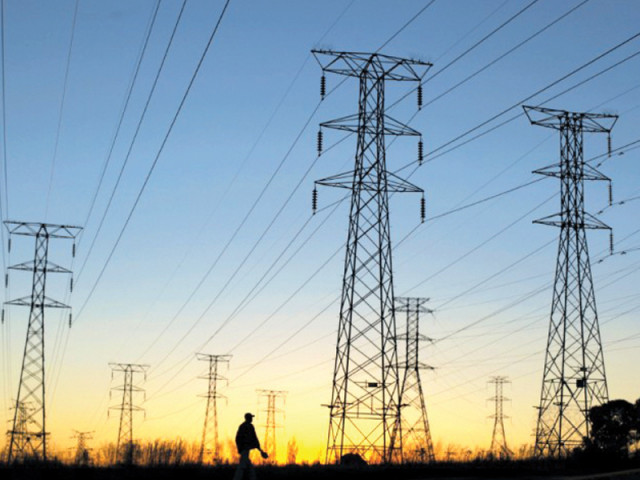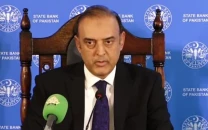Single energy ministry answer to crisis, say experts
Former secretary stresses Diamer Bhasha Dam needs fresh feasibility study.

Exprets noted that there is no effective body or mechanism for energy administration at the national level. PHOTO: FILE
This inaugural session of the conference, organised by the Institute of Policy Studies and themed “Towards an energy-secure Pakistan: road to recovery and sustainability – agenda for action”, was addressed by IPS Tawanai Programme Chairman Mirza Hamid Hassan, former water and power secretary Dr Gulfraz Ahmad, former petroleum and natural resources secretary Dr Saeed Jadoon and others.
They noted that there was no effective body or mechanism for energy administration at the national level. The roles were split among three ministries – petroleum and natural resources, water and power, and planning. There was no overarching institutionalised arrangement for coordination and optimisation of efficiencies.
Underlining the need for a single energy ministry to tackle the crisis, the experts said effective coordination would not be possible through committees as no cabinet member could take on the role of another as defined in the Rules of Business.
Gulfraz Ahmad said the top-most among a long list of causes of the worst energy crisis was lack of merit and transparency in planning energy projects. In this regard, he cited Diamer Bhasha Dam, saying the project needed a new feasibility study, financed by USAID, as the previous one was not convincing enough for international donors and lenders.
He pointed out that modern approaches encouraged privatisation of public utilities and their autonomous regulation by protecting interests of all stakeholders – consumers, investors and governments. The country neither privatised its utilities nor allowed autonomy to regulatory bodies and made a mess of energy sector, which to stay afloat requires massive bailouts without fixing the real source of haemorrhage, he said.
Published in The Express Tribune, September 19th, 2013.
Like Business on Facebook, follow @TribuneBiz on Twitter to stay informed and join in the conversation.



















COMMENTS
Comments are moderated and generally will be posted if they are on-topic and not abusive.
For more information, please see our Comments FAQ